Life is Strange: True Colors presented me with a choice I can't stop thinking about
The choices in Life is Strange: True Colors raise interesting questions about Alex's power
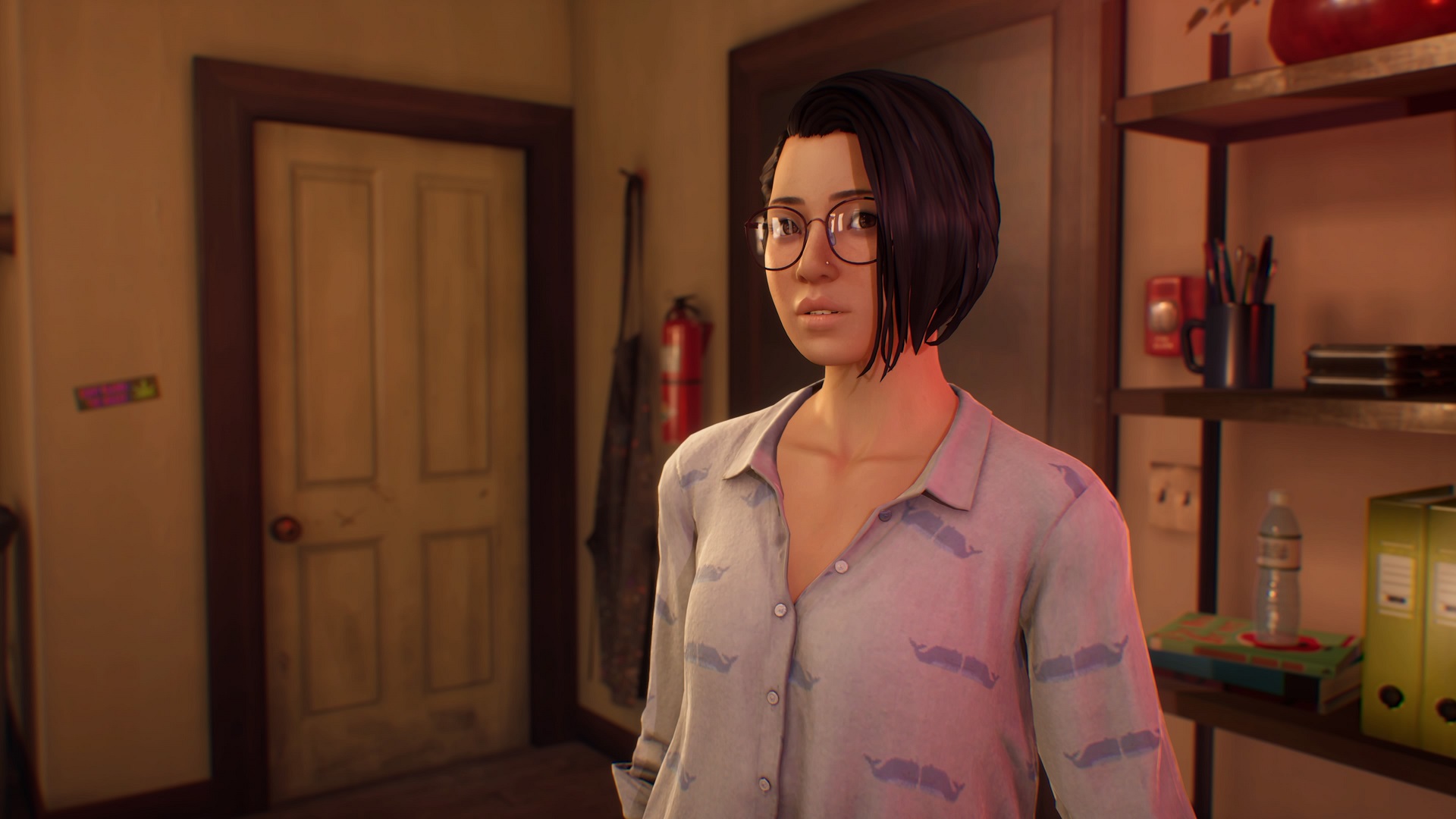
I'm staring at my screen in Life is Strange: True Colors, frozen on a choice I need to make in order to progress. I don't know how long I linger on this moment, but I find myself gripped by indecision. What would be best? How will this affect me as protagonist Alex, and just how will it shape the story? Is helping this person actually going to make things better, or worse? When I do finally push past my hesitation to commit to one choice or the other, I immediately regret the decision. There's no going back now, though. I'm committed to seeing this through… but I just can't let this go. My mind won't stop thinking about what I've just done and the implications of this choice.
There are many occasions where I find myself inwardly agonizing over what to do during Life is Strange: True Colors, but this one choice in particular directly involves Alex's empathy power, and it got me thinking about some interesting questions surrounding what it means to face and accept our own emotions, and what right I have in my role as Alex to involve myself in other people's feelings by using her unique power. After I finish my journey in the small Colorado town of Haven Springs, I'm still dwelling on this one moment in the game, which demonstrates just how much of an impression it made on me.
If you want to avoid Life is Strange: True Colors spoilers, turn back now.
To feel or not to feel
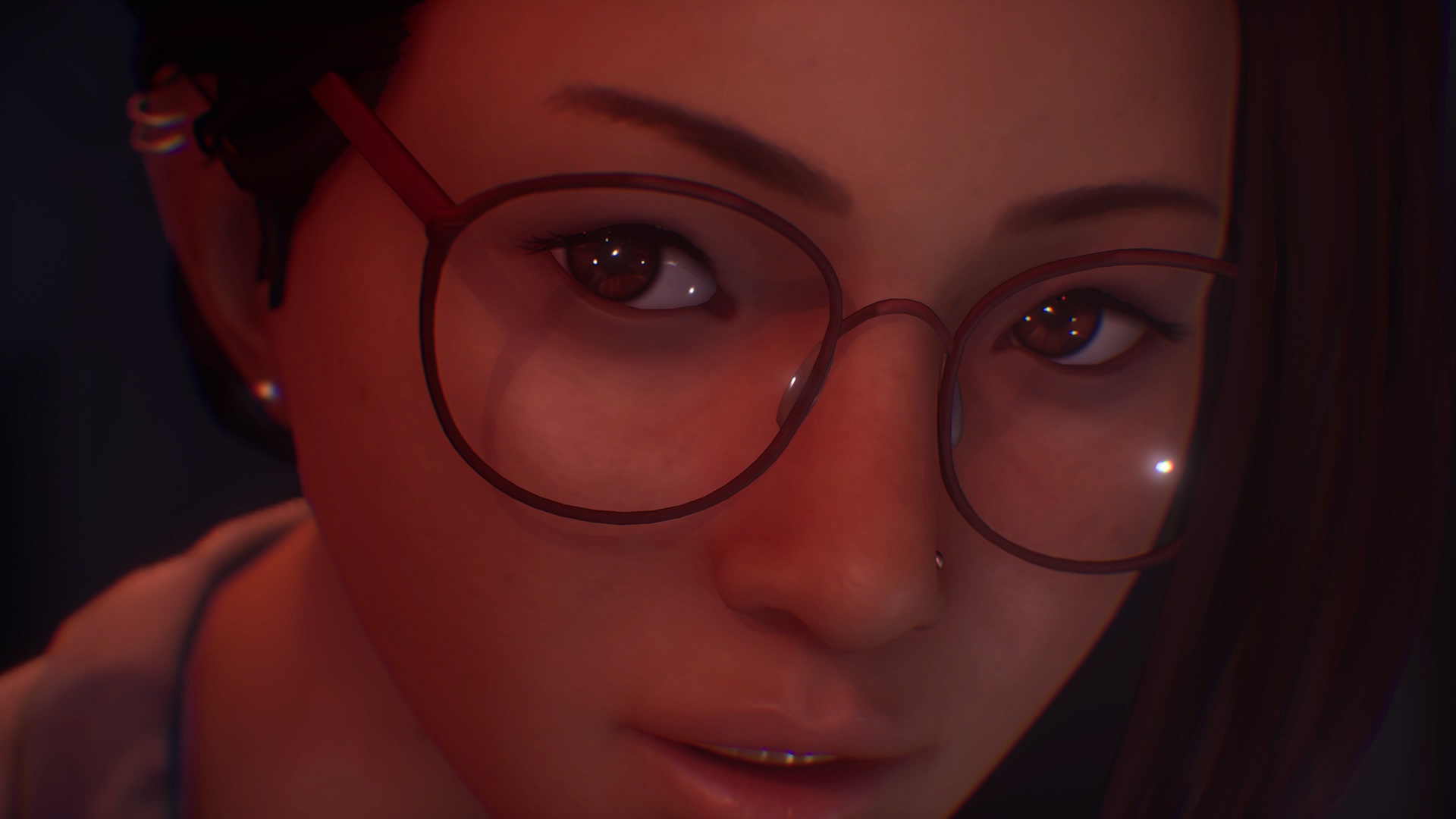
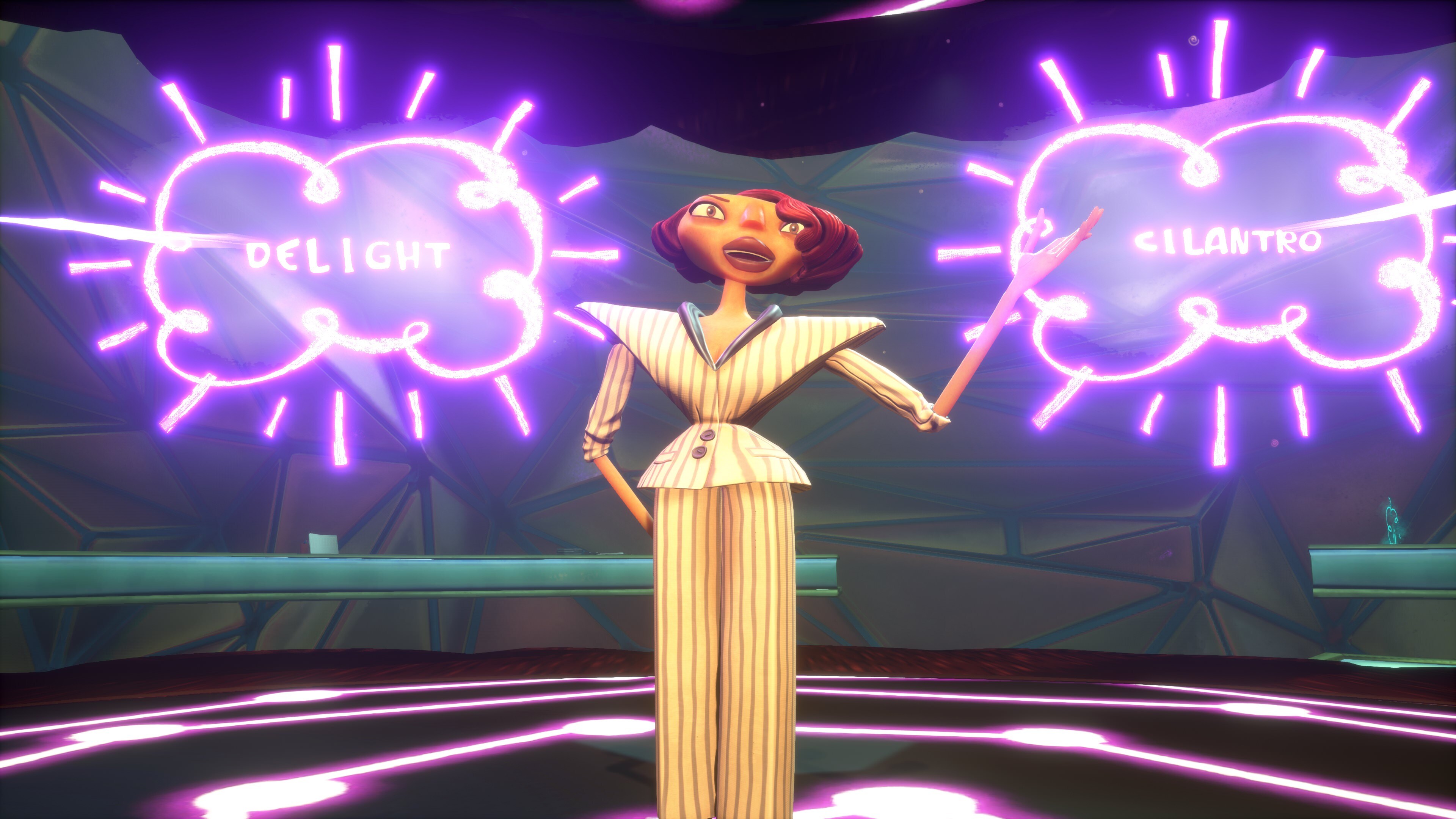
Psychonauts 2 and its mental metaphors gave me a new way to combat negative feelings
I've admittedly always been bad at making decisions, and I historically spend far too much time thinking through every choice in the Life is Strange series to a silly degree. Debating with myself over every decision is partly what I love about playing Life is Strange, though, and when you're faced with a difficult choice with no clear right or wrong path to take, it can be all the more compelling and engrossing. In Life is Strange: True Colors, the new power Alex has often presents some interesting dilemmas throughout the story, especially when it comes to deciding whether to manipulate or absorb someone else's emotions.
Near the close of chapter 3, you'll be faced with a choice relating to Charlotte, your brother's long-time partner who's son Ethan plays a major role in the first part of the story. In a conversation with her, you sense that she's feeling a strong emotion and this is when Alex's power comes into play. During several instances where you gain insight into how someone is feeling, its portrayal can abstractly reflect what the person is going through in a way that's unique to their experience and personality. In Charlotte's case, you steadily see her anger reach a boiling point through her artistic side as she chips away at a statue that forms to show you the cause of her strong emotion – Gabe, Ethan, Ryan, and Alex.
After Gabe's death, Charlotte is grieving and grappling with heavy feelings of anger directed at those around her. It's also clear that she feels guilt about harbouring these feelings towards one of the most important people in her life - her son. When you learn the cause, you're faced with a choice: Do you take away her anger by absorbing it and taking it on yourself, or do you leave her alone to deal with her own emotions? Initially, I thought that I could help Charlotte by removing the emotion causing her so much inner turmoil. If I could carry the weight of it, maybe she could feel lighter and find it easier to forgive those her anger was directed towards. Once I took away her anger, though, I couldn't stop wishing I'd gone in the other direction.
Facing your emotions
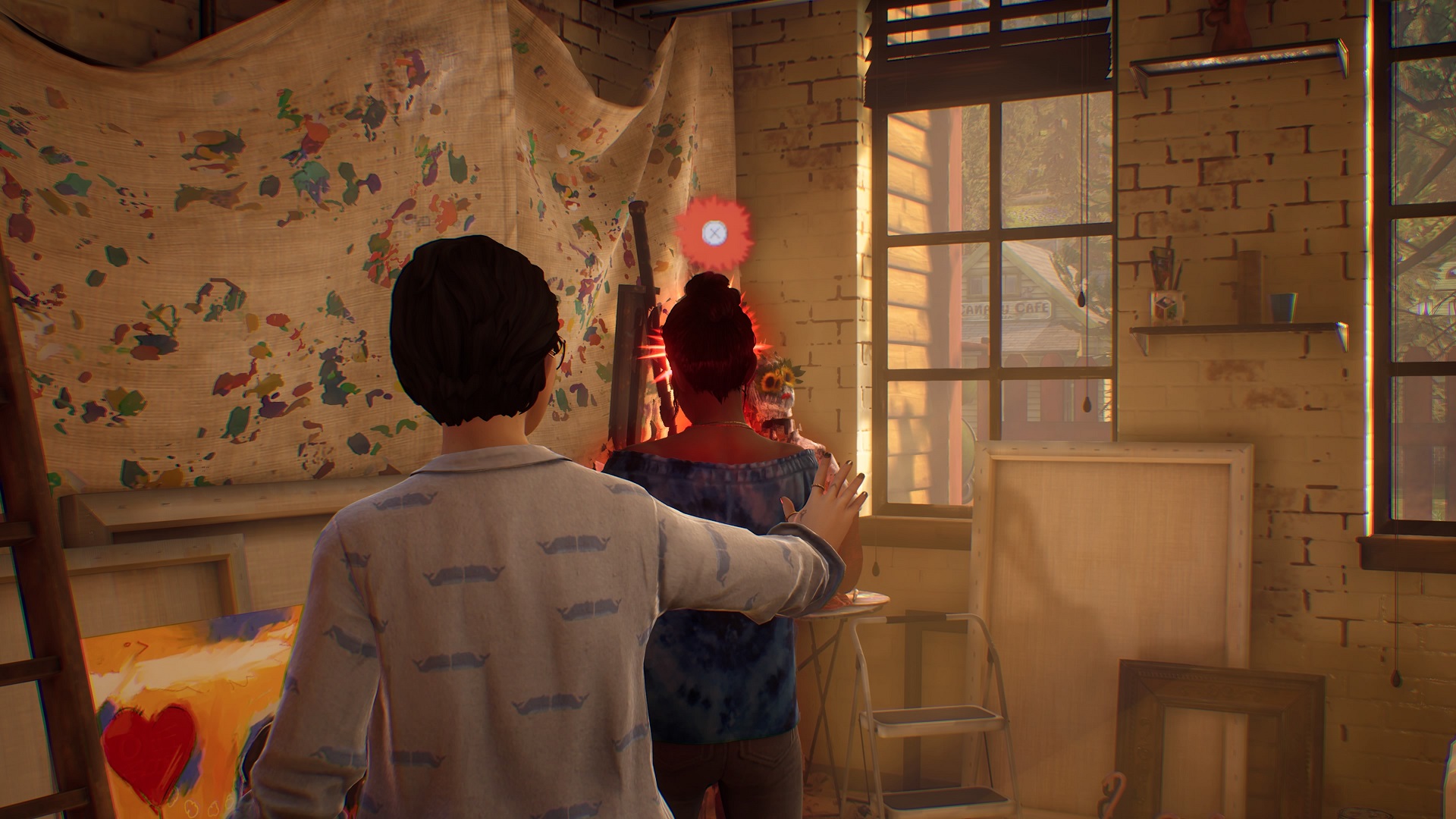
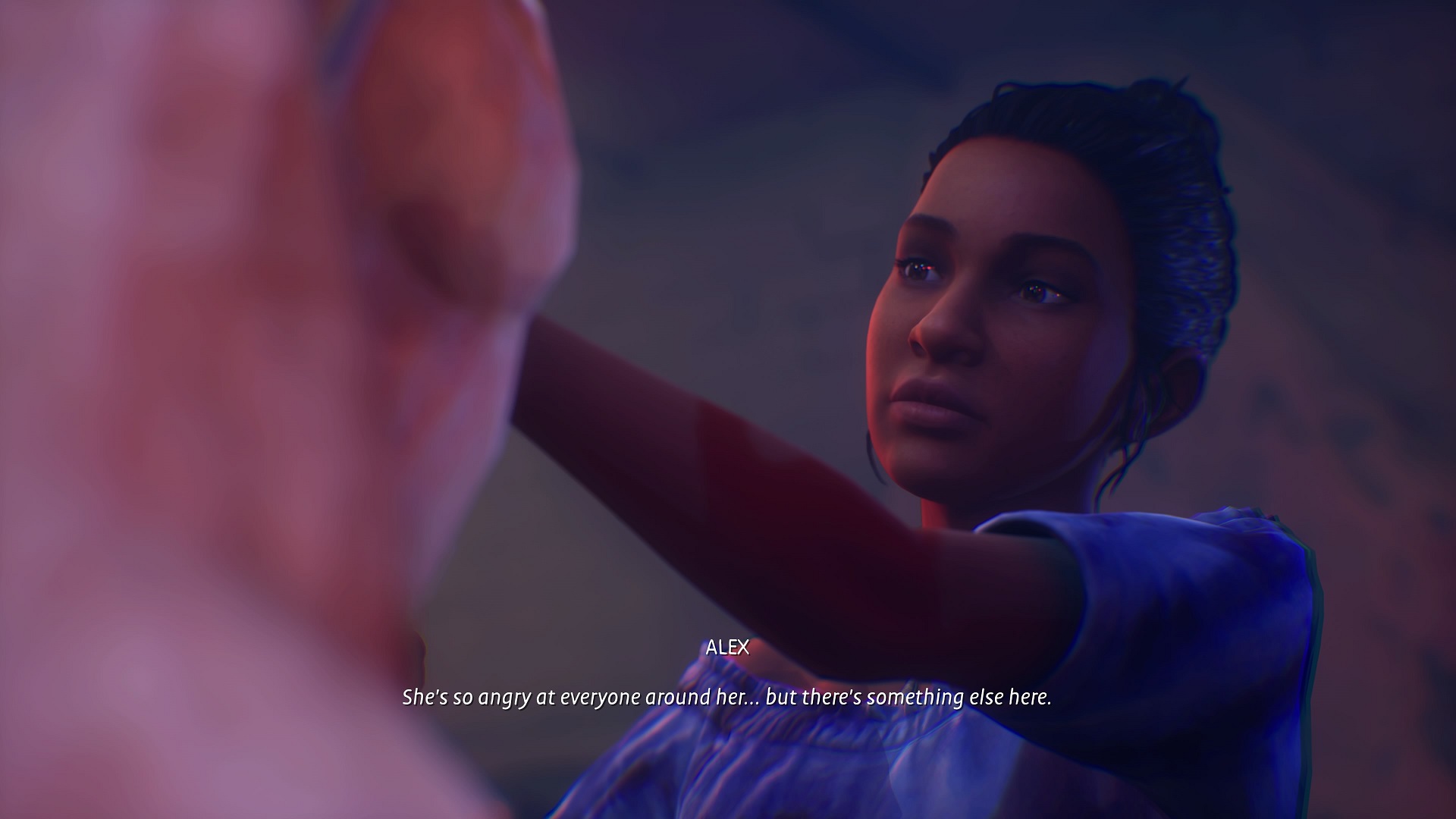
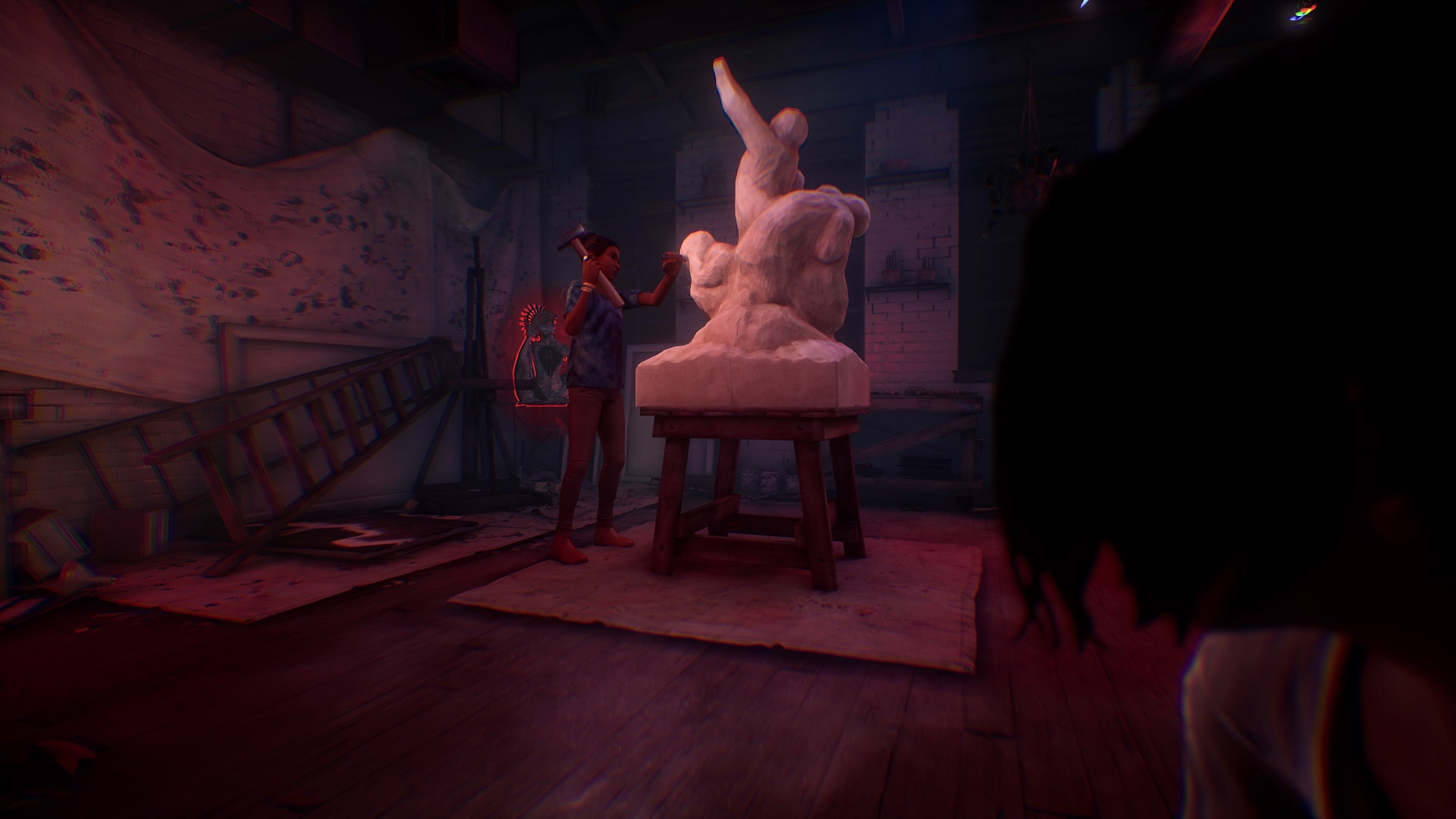
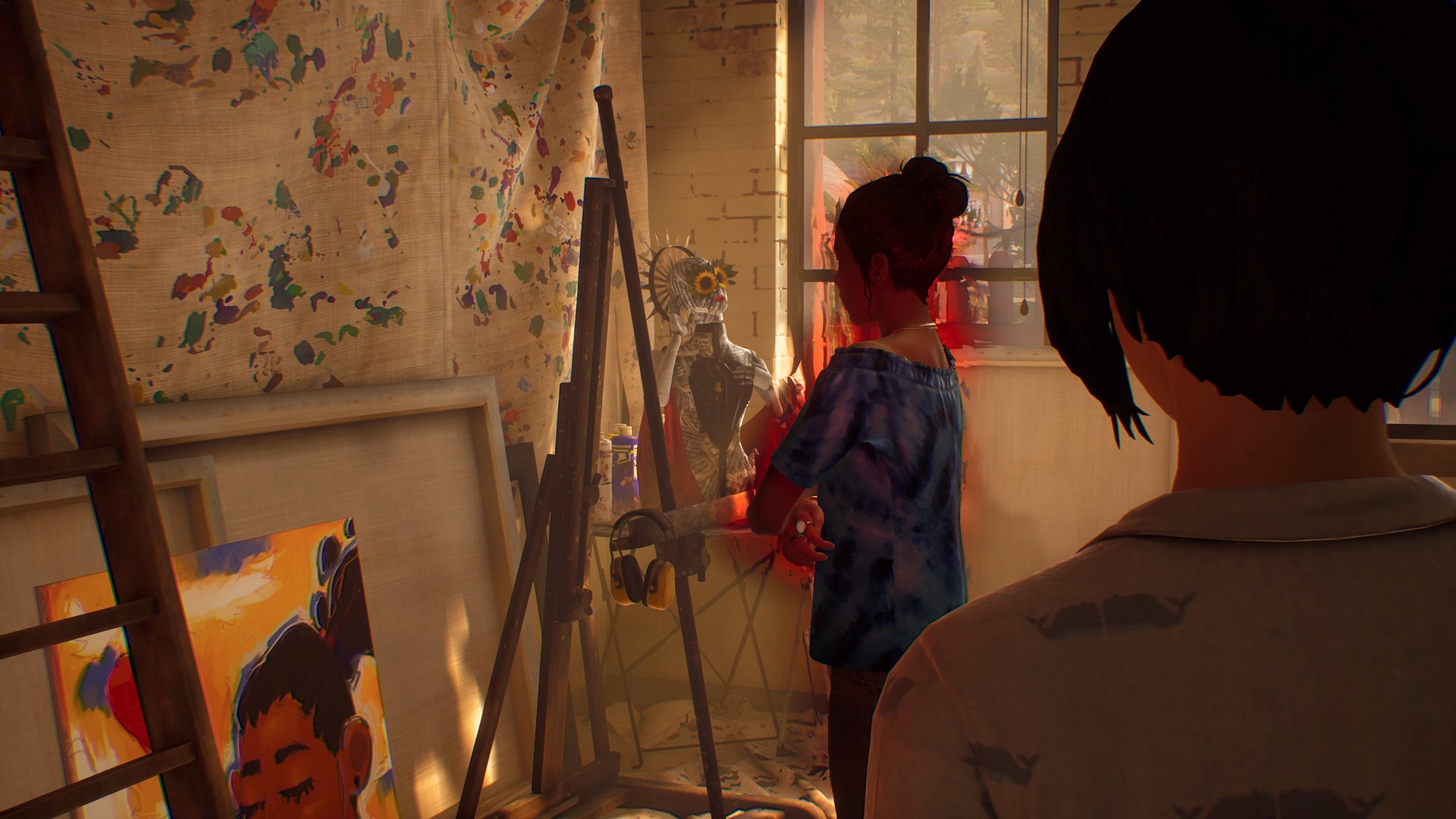
For a long time after the initial decision was made, I kept finding myself thinking about the power of emotions, and how deeply personal they are to us. If an emotion is just simply taken away, what are you left with? Can you truly move on if you don't face your feelings? What happens when you just don't feel strongly about anything at all? Did I even have any right to take Charlotte's anger away when it was hers to feel? As I make my way further into the story, these questions continue to bounce around in my mind.
Sign up to the GamesRadar+ Newsletter
Weekly digests, tales from the communities you love, and more
The consequences of my choice begin to surface not long after. The first instance shows how it affects Alex, who has an outburst thanks to absorbing the anger. The decision really comes to a head, though, when I meet Charlotte again. After telling me that she's always felt things so deeply, Charlotte talks about feeling numb as a result of my actions. Our emotions and feelings are a part of human nature, and taking away Charlotte's anger makes her feel like she's missing a part of what makes her the person she is. It raises some thought-provoking questions surrounding the importance of acknowledging our emotions, and allowing ourselves to process how we feel. It also made me think about the morals of taking away someone's emotion - should Alex really use her extraordinary ability in this way? Regardless of intention, Charlotte's feelings are valid and by taking them away, surely I was doing more harm than good?
Of course, I immediately had to go back and see how the alternative option to leave Charlotte alone affected both her and Alex, but even after I saw the alternative outcome, the choice stayed on my mind. It pushed me to really think about the weight of our emotions, how personal they are to us, and just how morally ambiguous the use of Alex's power can sometimes be. It would have been great to see the game itself explore this side of Alex's ability further, but the choices certainly make for one very memorable experience in Haven Springs.
Here's why I can't wait to play around with the fantastical powers in Forspoken.

I started out writing for the games section of a student-run website as an undergrad, and continued to write about games in my free time during retail and temp jobs for a number of years. Eventually, I earned an MA in magazine journalism at Cardiff University, and soon after got my first official role in the industry as a content editor for Stuff magazine. After writing about all things tech and games-related, I then did a brief stint as a freelancer before I landed my role as a staff writer here at GamesRadar+. Now I get to write features, previews, and reviews, and when I'm not doing that, you can usually find me lost in any one of the Dragon Age or Mass Effect games, tucking into another delightful indie, or drinking far too much tea for my own good.


